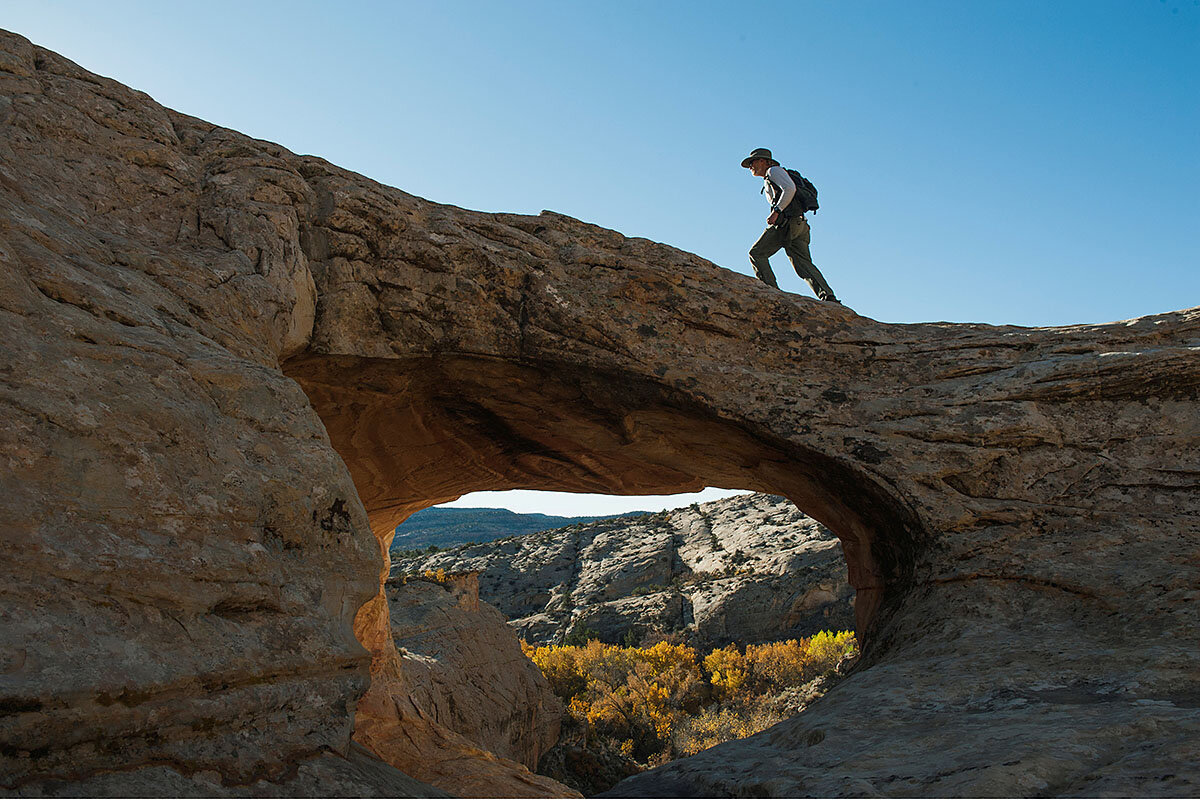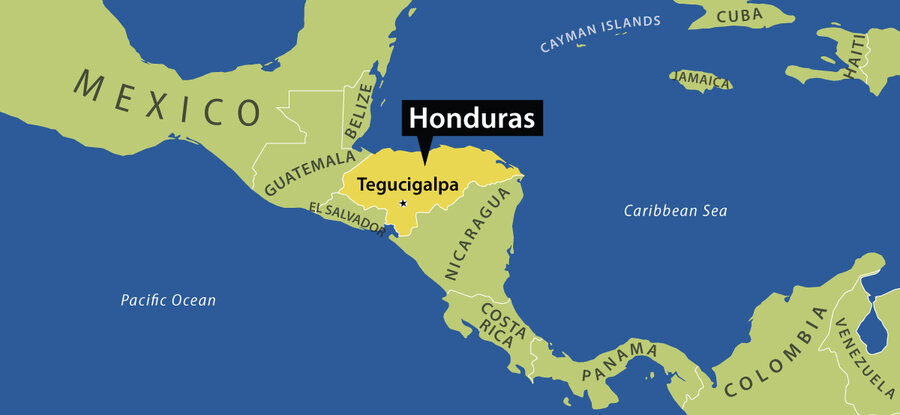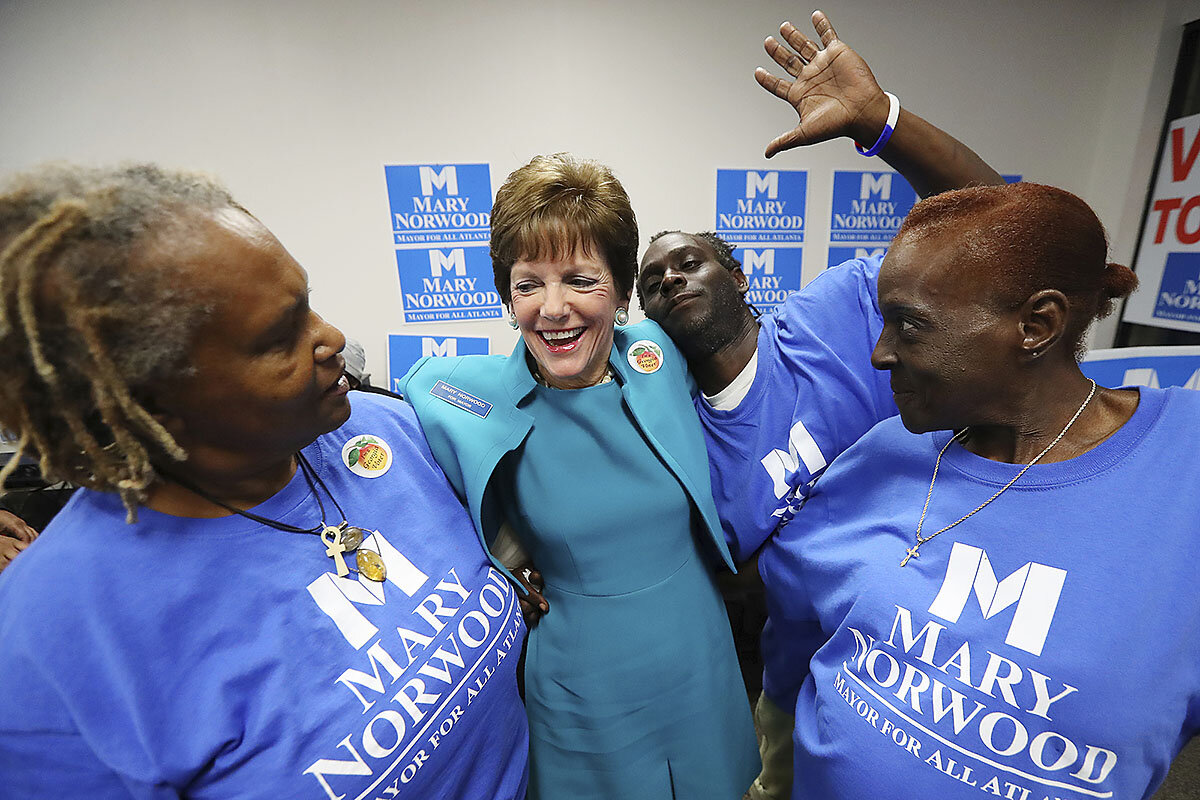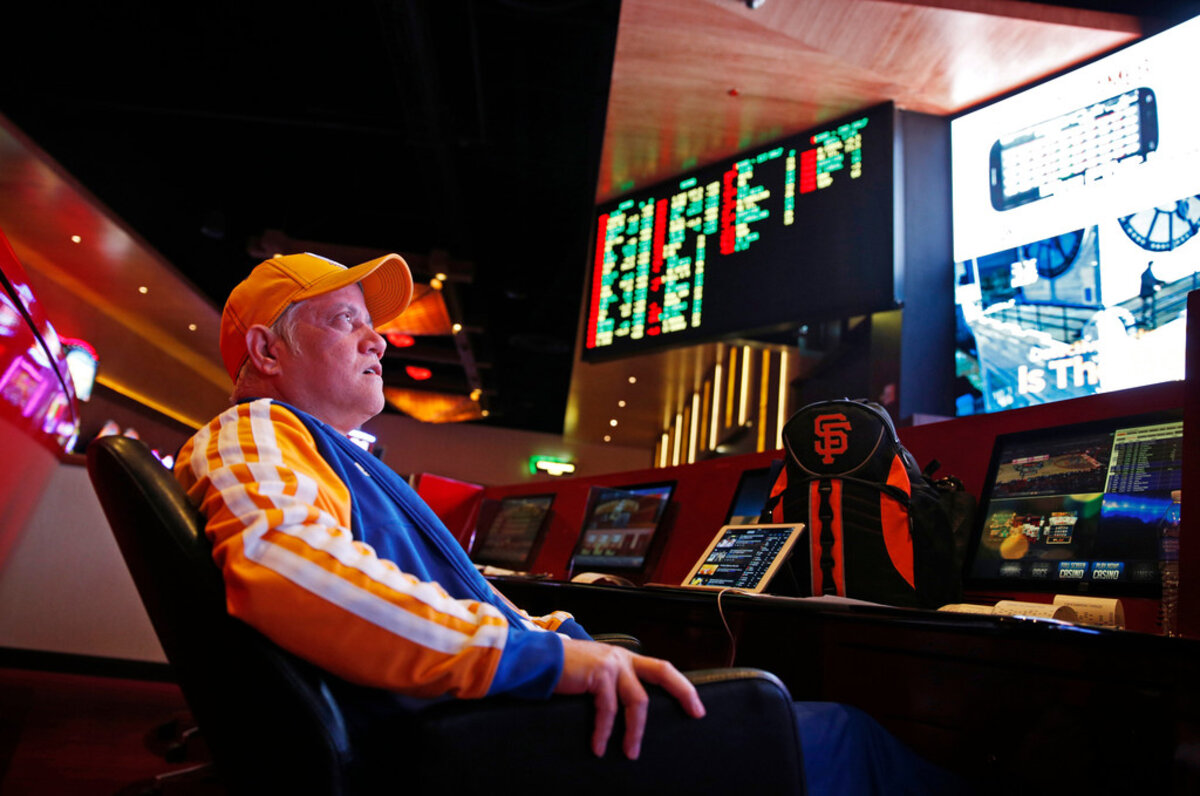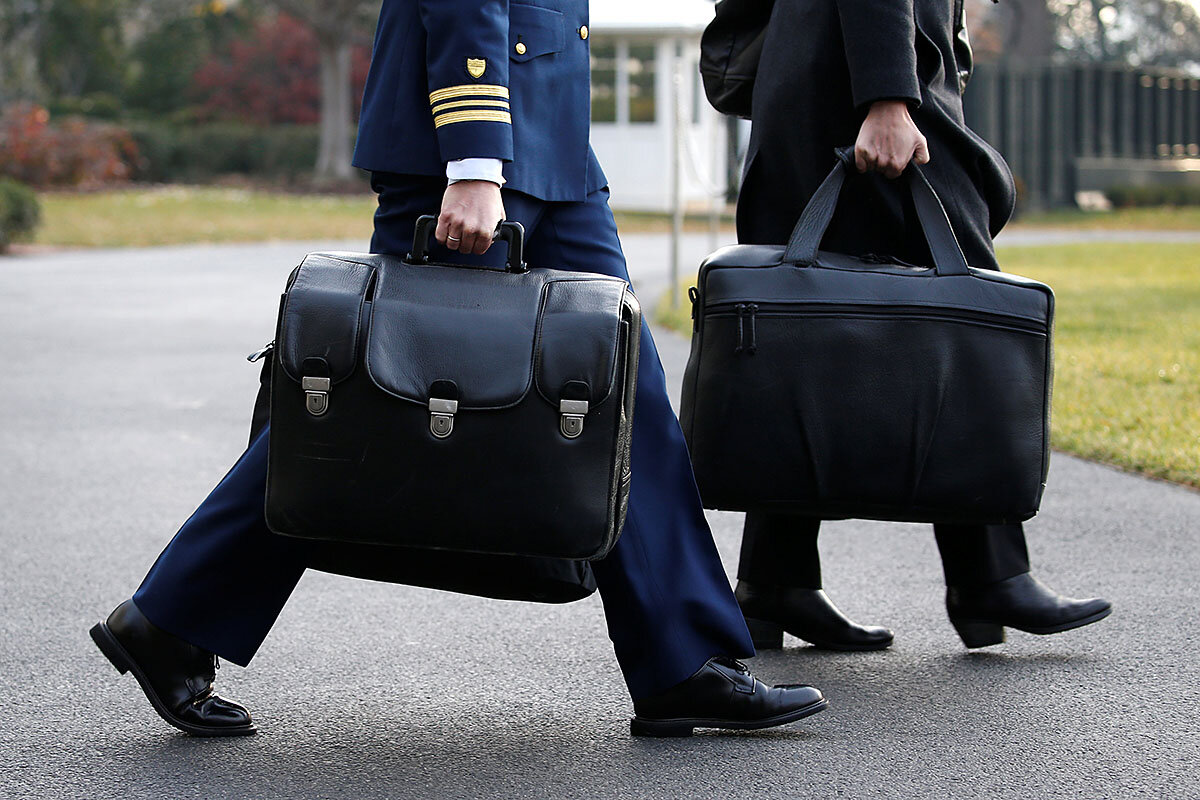Where does America stand on the issue of protecting iconic landscapes versus exploiting national resources? National monuments have been a proving ground for that debate for more than a century.
Monitor Daily Podcast
- Follow us:
- Apple Podcasts
- Spotify
- RSS Feed
- Download
 Mark Sappenfield
Mark Sappenfield
It’s safe to say that, generally, what goes on in board rooms is far more important to America’s economic well-being than what goes on in the White House. Under the Republican tax plan nearing President Trump’s desk, that would be even more true.
The big question is, What might American business do with all that extra money?
For the past 30 years, corporations have focused primarily on generating wealth for their investors. And they have succeeded. Just look at the stock market. But that approach has increasingly left workers behind with stagnant wages, less job security, and fewer benefits. Just look at the message sent by the last election. “Over time, [corporations’] concern for the national interest has been squeezed out by the twin forces of profit maximization and cosmopolitanism,” argues Yishai Schwartz in National Affairs.
“The business of business is business,” quipped Milton Friedman pointedly.
Yet those willing to look past the next quarterly statement have repeatedly shown that the goals of business and society are not at odds, but fundamentally the same. Corporate America has enormous capacity both to prosper and to improve lives. At its best, the tax cut is an investment in that hope.
Now for our five stories today, which look at how views of economic growth are shaping American policy on the environment and taxes, while voters in Honduras are demanding better from their politicians.




